- Assess your cleaning needs first.
- Look at the PSI rating.
- Consider the GPM flow rate.
- Decide between gas or electric.
- Check for portability features.
- Choose a nozzle option wisely.
- Prioritize durability and quality.
- Explore additional features available.
- Consider brand reputation and warranty.
- Set a budget and compare prices.
INTRODUCTION
There’s a certain pride you can sometimes derive from driving dirt, moss, and grime off surfaces in your home. This could be seen or even touched by wiping away many years of buildup in just a few minutes.
The best tool for this job is usually the most reliable pressure washer. However, not all pressure washers are created equal. It’s vital, therefore, that when buying a machine as mighty and influential as a GMP Pressure Washer, we settle for nothing less than the best.
But what makes one pressure washer better than another? Among many factors, one of which is very important is the GMP rating of gallons per minute. This number shows us how much water our pressure washer can deliver, and in conjunction with PSI (pounds per square inch), it provides an accurate account of unit performance.
How to Choose the Best GMP Pressure Washer
A Look into GPM Pressure Washers
The GMP number is not just another figure on your washer specs sheet. Besides covering more area and rinsing at a higher speed, it aids in faster cleaning operations since there’s enough water flow rate in them.
Nevertheless, selecting GMP Pressure Washer entails considerations beyond numbers alone. You must evaluate the quality of the equipment, the source of power, and whether the machine can handle the tough cleaning projects you have lined up.
A good GMP pressure washer goes beyond big numbers; it should give consistent outcomes. In this guide, we will delve into what makes a great GMP pressure washer, some key things to think about while choosing your model, including standout models, and how to maintain your purchase for continued dependable power.
Factors to Consider When Choosing the Best GMP Pressure Washer
Power and Pressure Ratings
Pressure washers are rated according to their force output. For household chores such as washing cars or cleaning patios, a 1.5–2.5 gpm (gallons per minute) machine would suffice pretty well! Higher gpm’s are better for more large-scale commercial jobs.
The PSI, which indicates the force of the water, should also be considered in tandem with the GMP Pressure Washer for optimal cleaning.
Water Flow Rate
When you are dealing with heavy deposits, a higher gpm can save your day. The water flow rate will determine how quickly you clear big areas, and this can save you both time and effort
Nozzle Types and Attachments
A variety of nozzles offer different spray angles that will affect the strength as well as the spread of water. Furthermore, how efficiently one can apply detergents depends greatly on the presence of a detergent injector
Portability and storage
If you know that you will be moving around frequently, then the weight and make of the washer matter here. Where would it be kept? Which amount of space do you have to allocate
Price and value for money
Pressure washers are available at varying prices depending on their brand name, functionality, and reputation. In terms of total cost over its useful life, including possible repair or replacement expenses, don’t just look at the purchase price alone.
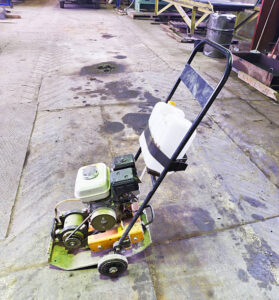
Top GMP Pressure Washer Models and Reviews
In this section, we will feature some highly regarded GMP pressure washer models sold today (highlighting their best features) as well as customer reviews.
Maintenance tips
The pressure washer you have is a long-term investment, and appropriate maintenance can make it last longer and perform better. The following section presents a broad overview of how to keep your unit operating smoothly for many years.
Regular Cleaning
A cleaner washing machine performs better. Regularly clean nozzles, filters, and hoses to prevent blockages and guarantee maximum utilization.
Inspect Hoses and Connections.
The pipe that leaks or has the wrong connections will lower the water pressure in the system, making it difficult to function. Look out for cracks, rips, or weak spots that could cause failure.
Monitor oil levels.
Remember that a pressurized environment requires good lubrication. Watch not to put too little oil into your machine, as this might spoil it; top up as necessary.
Flush the system
If you use it heavily or want to store it away for some time, ensure you drain all remaining water from freezing which may damage it later.
Check the water inlet filter
When clogged, this filter reduces the effectiveness of your washer by preventing debris from entering the pump. Keep it clear or change it according to instructions.
Inspect the Spray Nozzle
Examine nozzles for signs of damage or weariness. They must produce a concentrated spray stream that cleans well.
Store Properly
Don’t underestimate the importance of proper storage methods. Store the unit in a dry place where there are no extreme temperatures and other weather elements cannot reach it.
Winterization
Don’t forget about winterizing your GMP Pressure Washer if you live in colder areas; this will protect your device against freezing damage.
Use the right fuel.
For gasoline-operated pressure washers, using the wrong fuel would spell doom for their operation. Always go with what its manufacturer recommends for fueling purposes.
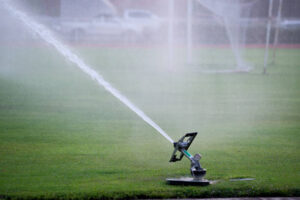
How to choose the Best Jet Nozzle
Follow the manufacturer’s instructions.
This seems obvious, but just like any other washing gadget, specific dos and don’ts accompany these machines concerning their care processes meant to ensure durability and good working conditions.
Troubleshooting Common Issues
Even the best GMP Pressure Washer can develop some faults. Knowing how to find and rectify those common faults could help you maintain your machine in good working condition.
Low pressure or no pressure
This could be caused by the nozzle being blocked, the kinking of the hosepipe, or a worn-out pump mechanism. These issues must be addressed if you want your washer to have power again.
The engine fails to start.
For a gas-powered GMP Pressure Washer, this may indicate a fuel problem, an impure air filter, or an engine technical problem.
Excessive vibrations or noises
Unexpected noises can signal trouble. This issue might be caused by a loose or damaged component.
Leaks
Leaks may mean that O-rings are broken or hoses are cracked, among others, which need quick repair and position.
Overheating
If the GMP Pressure Washer shuts down due to overheating, then you may be overdoing it. It may require cooling off and a change in cleaning methods.
Uneven Spray Pattern
This shows that your nozzle has problems; hence, inspect and clean or replace it as required.
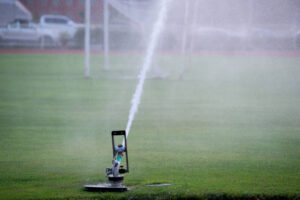
Conclusion
Choosing the right GMP pressure washer can mean the difference between an efficient cleaning operation and labor-intensive scrubbing around. In addition, proper maintenance will help elongate its lifespan so that it serves you whenever required.
Therefore, take time to research and compare the features that matter most to you before settling on any one choice. This guide gives you all the information that you need to make an informed decision, which will ensure your outdoor spaces look amazing every day of the year.
Remember, what may be the best GMP pressure washer for someone may not be similar for another person. Consider your unique requirements, and you will find a reliable cleaning partner in no time at all.
In brief, if you are a homeowner who wants to remove dirt during the winter months or a janitor in need of real power, then the GMP pressure washer can transform your work by always ensuring spotless results. Enjoy cleaning.
FAQs
Q: Can I use my regular garden hose with a pressure washer?
A: No, normal garden hoses don’t work like this one; hence, they cannot have enough water pressure required when used. You will have to buy special hoses designed specifically for use with pressure washers.
Q: How often do I change the oil in my gasoline-powered pressure washer?
A: After every 50 hours of operation or once per year, it is recommended when it comes to changing the oil in such gas-powered machines. Check with the manufacturing company about this particular brand’s instructions.
Q: Can I put hot water into my GMP Pressure Washer?
A: It depends on the model. Some models are made for hot water, while others handle only cold water. Hence, it is very important that, before turning on your machine, you pour hot liquid inside and check the specifications first.
Q: Which nozzle works best for each job?
A: The color-coding corresponds to the spray angle, which determines how much area that water can cover as well as its level of pressure. For example, red-tipped nozzles are meant for heavy-duty cleaning, while white-tipped ones are suitable for cleaning delicate surfaces.
Q: Can I use bleach or other chemicals in my pressure washer?
A: Before adding any chemicals to a pressure washer, you should read the manufacturer’s manual. Some models do not go well with chemicals; hence, they may be damaged by them if wrongly used.
Q: How long can I run my GMP Pressure Washer at a time?
A: To prevent overheating and prolong the life of your machine, it is advised that you stop after every 45–60 minutes of continuous working.
Q: Can you store water inside a power washer tank?
If this machine’s water is left inside, chances are it might freeze, thereby damaging it. Therefore, always take off all water before storing.
Q: How long will my pressure washer last?
A: With proper maintenance and care, a good-quality pressure washer can last up to 10 years or more. Follow the manufacturer’s instructions on maintenance and storage as well. In conclusion, the frequency of usage as well as its intensity will also determine its life span.
Q: Can I use my GMP Pressure Washer to clean my car?
A: Yes! But be sure to adjust the pressure gauge lower and use the correct nozzle so as not to ruin the paintwork of your vehicle or its windows.
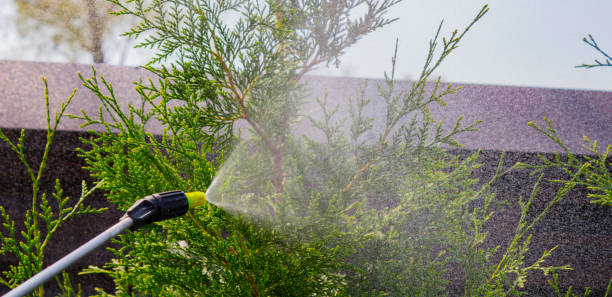
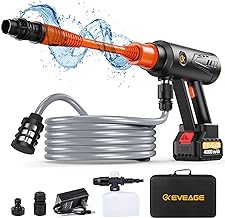
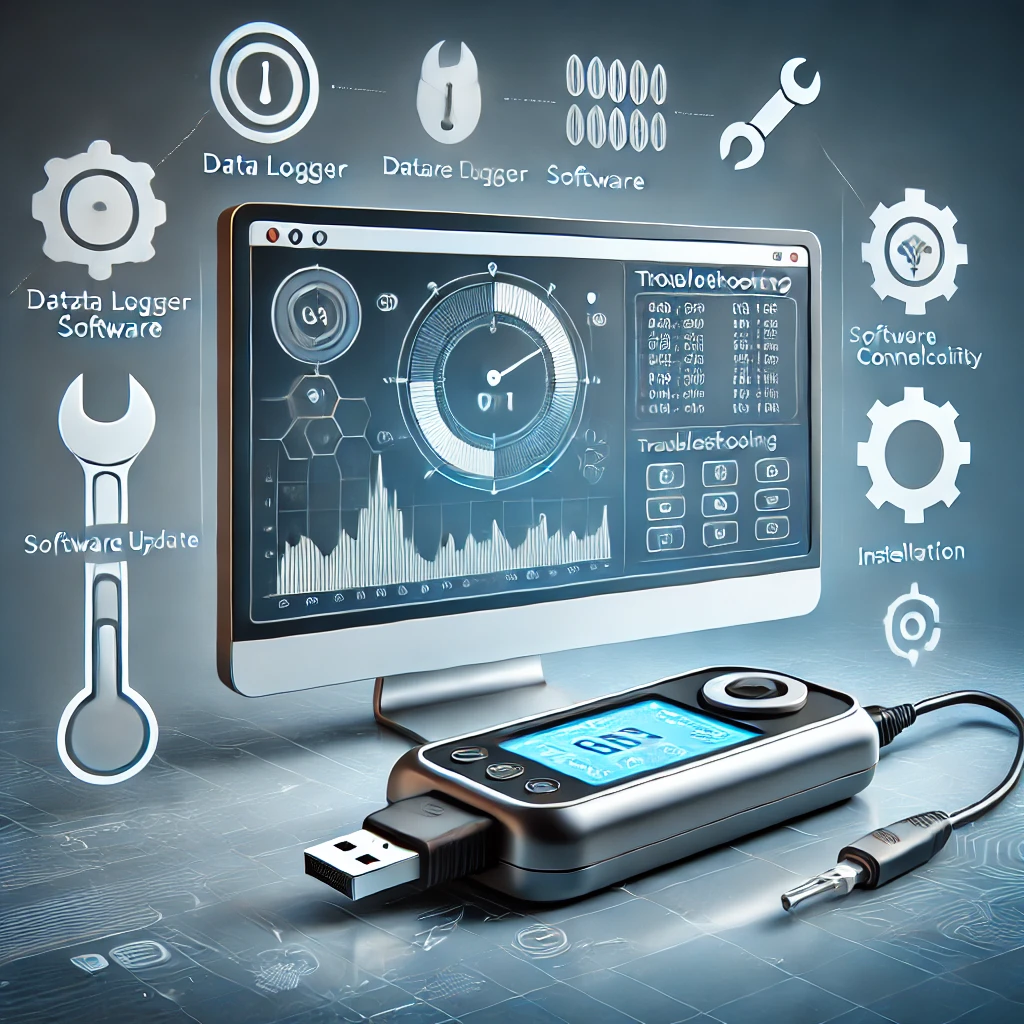







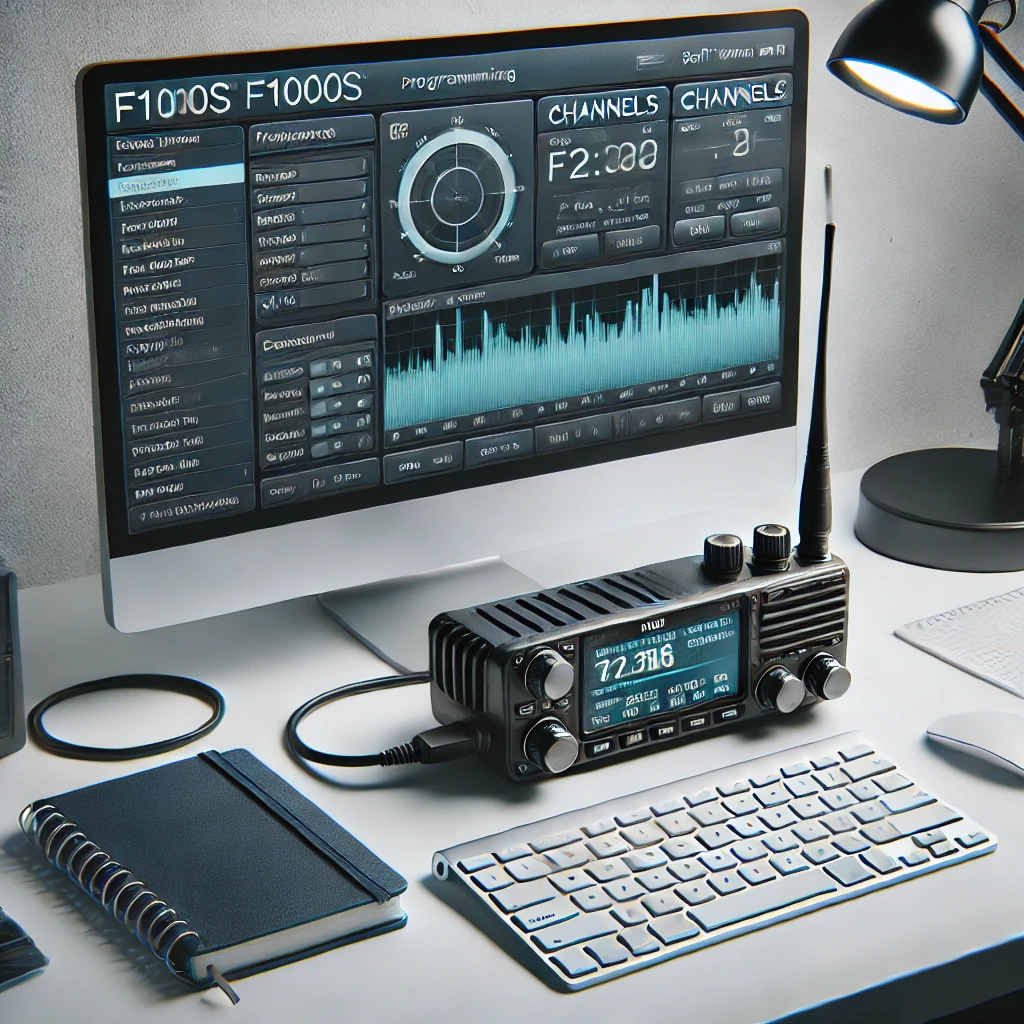

Leave a Reply